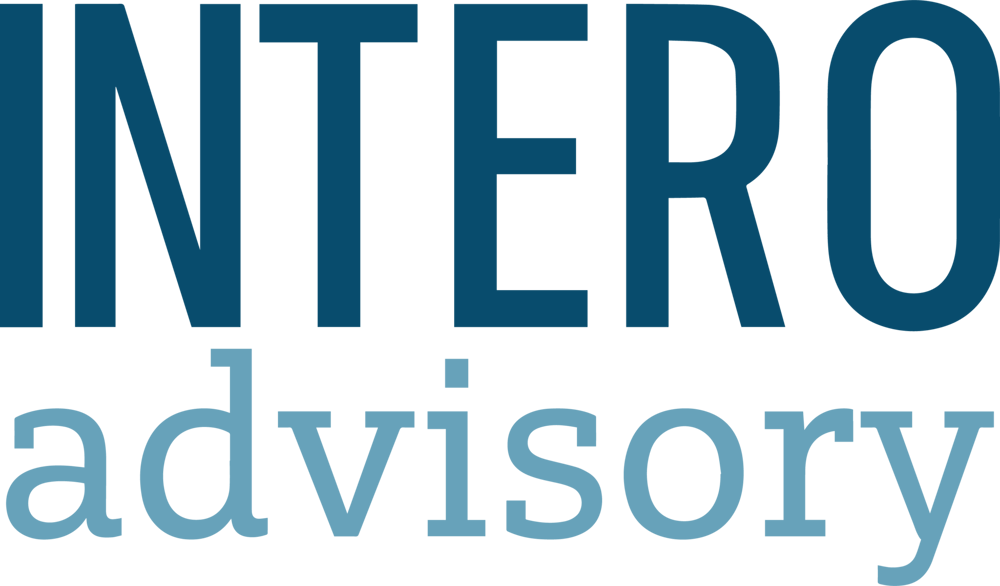When online, where do your customers/clients/prospects spend time? What’s their platform of choice? Have you asked them?
If not, please do.
In two separate conversations this week, two companies shared with me that their marketing agencies focused their marketing strategies on Facebook, not LinkedIn. When I asked why, the only answer they could come up with was because it’s what the agency said and “it’s the largest social platform, right?”
There has to be a better and more complete answer than that, don’t you think? By the way, I have high regard for both of the marketing agencies. Each company’s done the work to identify their ideal client profile. In each case, it’s the CEO or CFO of companies. In one organization, it’s businesses working internationally, and in the other, it’s businesses with 11-200 employees.
As they shared these stories, I jumped over to Facebook and LinkedIn to see some of the numbers. It was interesting to see.
Company #1 has 328 more followers on LinkedIn than Facebook (difference of 208%), and yet the focus is on Facebook retargeting.
Company #2 has 340 more followers on LinkedIn than Facebook (a difference of 37%), and yet LinkedIn did not make it into the social marketing strategy.
Agency #1 has 163 more followers on Facebook than LinkedIn (difference of 3.8%) and is posting similar content on both channels. The agency’s employees match Facebook’s demographics, young millennials.
One of our largest clients has 14,000 more followers on LinkedIn than Facebook (a difference of 54%) and their ideal clients are CEOs, CFOs, and COOs. While they focus on Facebook, their primary social channel for leads is LinkedIn.
When I ask where the traffic to their website comes from, few people can answer that question.
During a training session, a CEO raised his hand and said his marketing firm’s content strategy focused on LinkedIn, but they saw no results and stopped. When I asked him if he knew which social channel drove the most traffic to his website, he said he was sure it was Facebook.
A few minutes later he raised his hand and apologized for his oversight. He logged in to his Google Analytics and saw that LinkedIn sent more people to his website than any other social platform, and in this case, 78% of his website traffic originating on a social channel came from LinkedIn.
Everyone thinks Facebook is the golden child. For some, it is. But in early 2018, you will need to understand how Facebook is changing, what will show up on people’s feeds (organic versus boosted) and unless you can get some viral attention (far more difficult for B2B than B2C) there needs to be a budget behind the strategy. Facebook expert, Jon Loomer, provides great insight in his post, Facebook News Feed Update: Now What?
Facebook has always been personal – friends and family, first. Businesses interrupt the flow on Facebook. On LinkedIn, it’s all business and, humbly, it’s where you belong.
In a recent article, 30 Statistics About B2B Social Media Usage, Alex Sobal highlights LinkedIn’s role in B2B marketing. The numbers demonstrate LinkedIn may be Cinderella and not the step-sister, after all. His article is worth discussing with your agency and in-house marketing expert.
I primarily work with CEOs and CFOs; typically they are the first to say they aren’t on social media and probably not on Facebook.
As one of our interns mentioned in a meeting the other day, “Why would they be on Facebook during the day or in the evening looking at other businesses?” Interesting question from a college senior who vets every brand and typically follows the CEO on Instagram or LinkedIn before making any buying decisions.
It’s important to ask questions and understand where your customers are. It’s important to ask your customers and not just rely on your agency; no matter how good they are. If the social media person running your account is well versed on Facebook and not LinkedIn, do you think they are going to be able to advise objectively and accurately?
Ask your CFO if they make decisions about your vendors from what they see on Facebook. Ask your peers (this is easy to do if you are in a peer advisory group) and think about how you make your decisions.
As a B2B company and marketer, if you have achieved measurable and tangible results from Facebook, I’d love to hear how you created engagement, nurtured those leads and closed business.
For additional intel, here are some links to social media stats and demographics.
Omnicore recently posted the following:
- Facebook by the Numbers: Stats, Demographics & Fun Facts
- Linkedin by the Numbers: Stats, Demographics & Fun Facts


